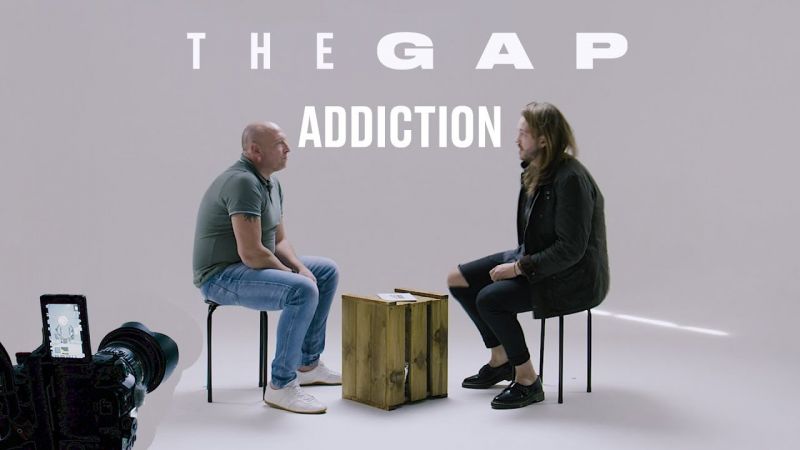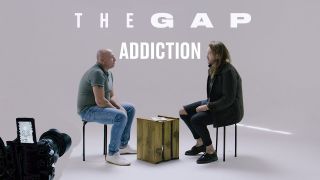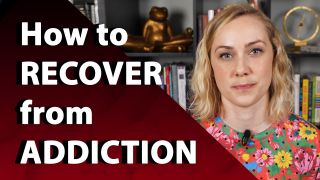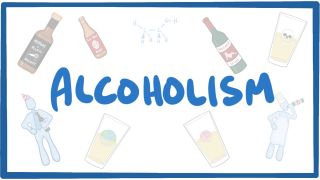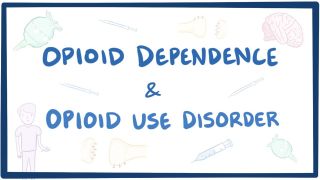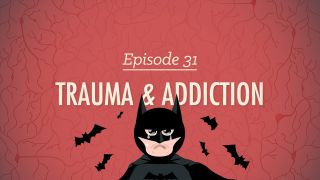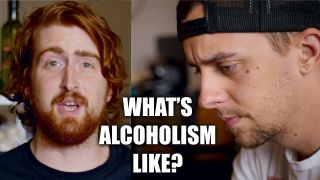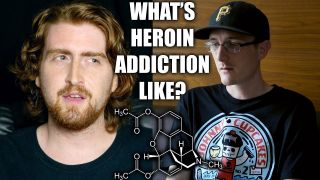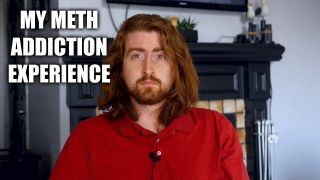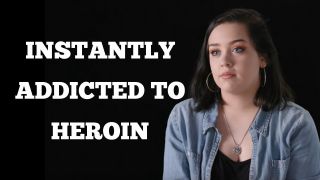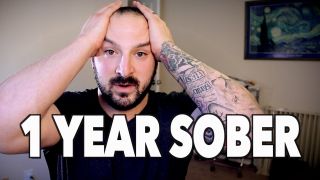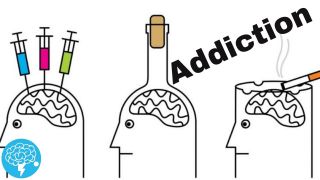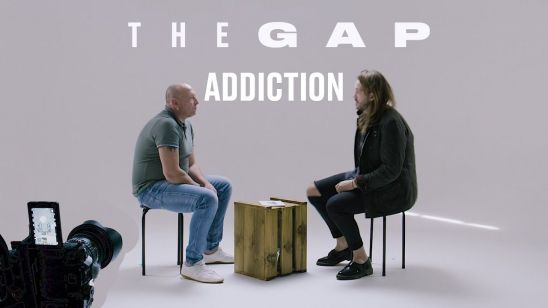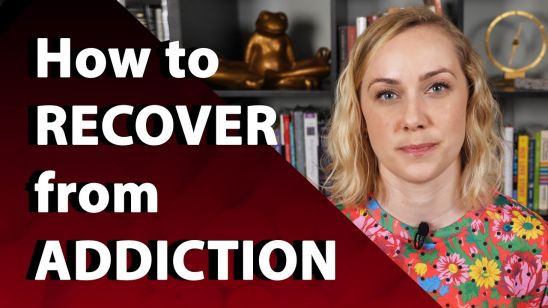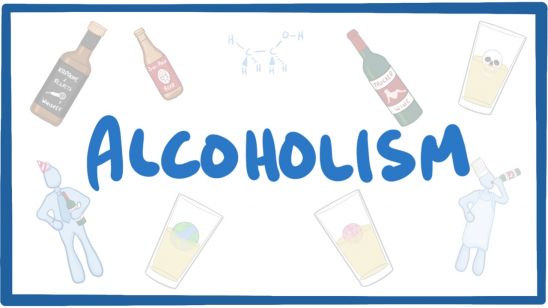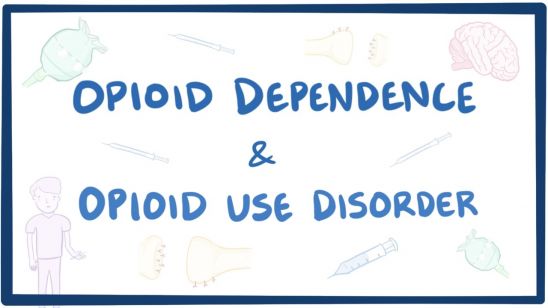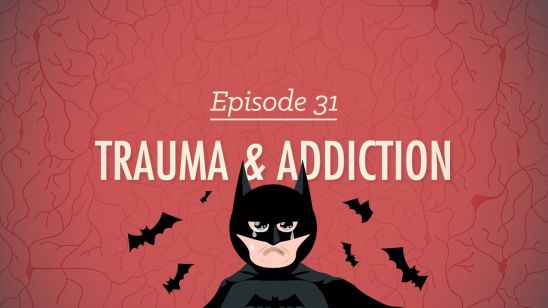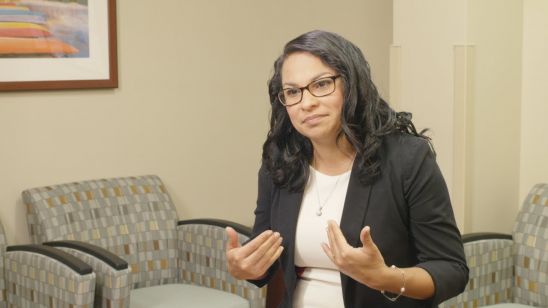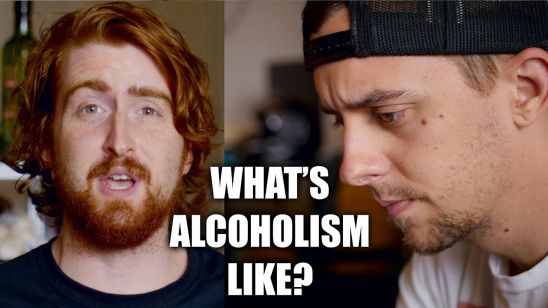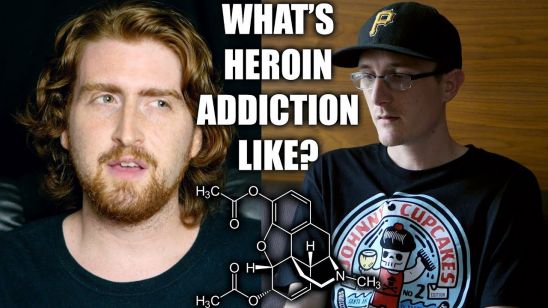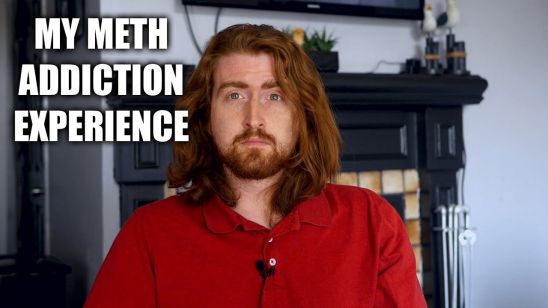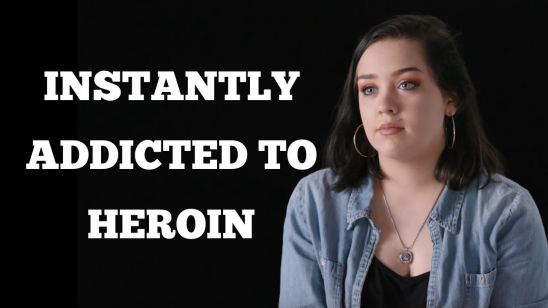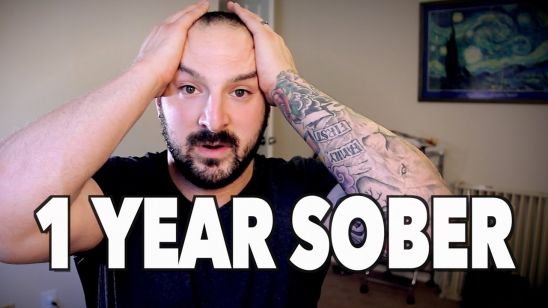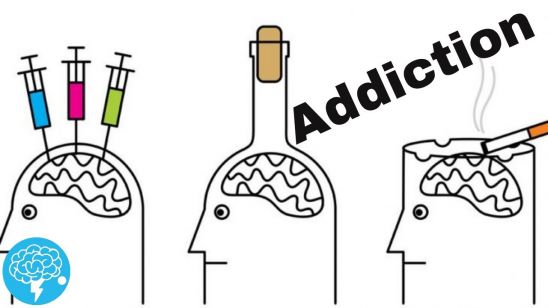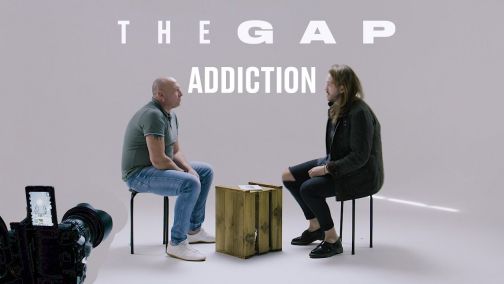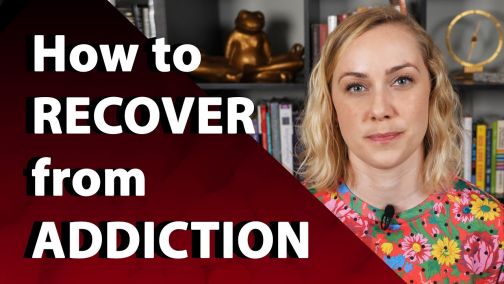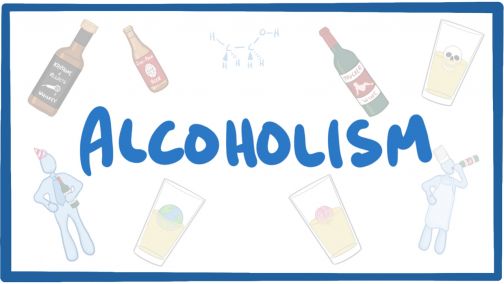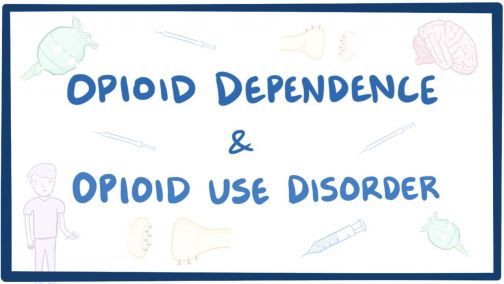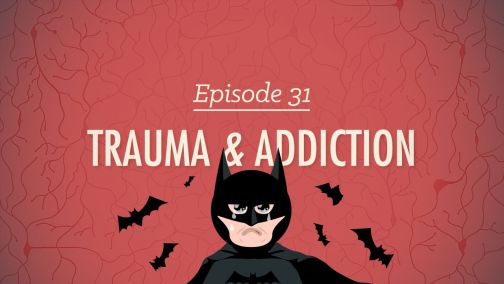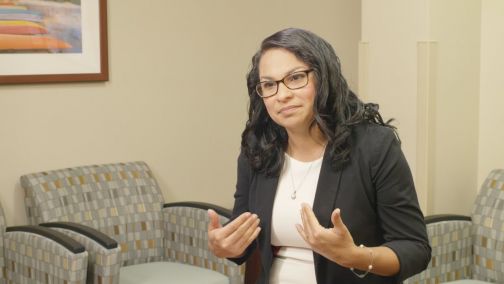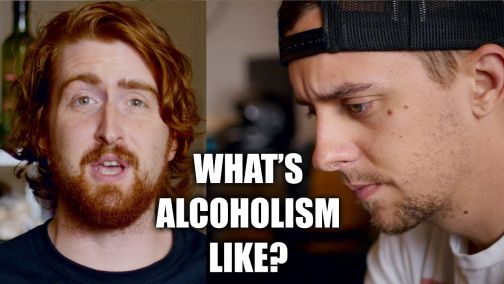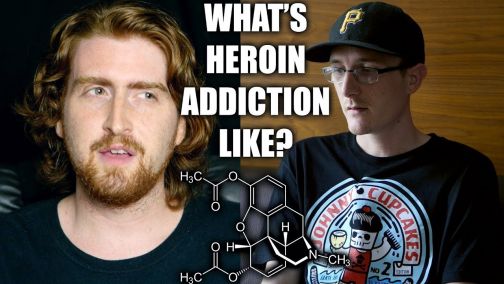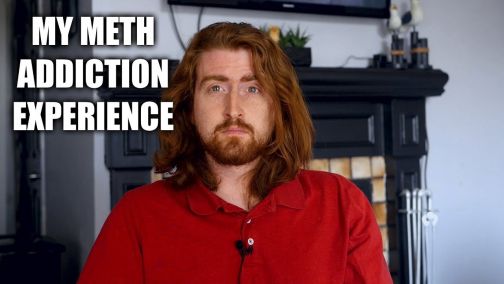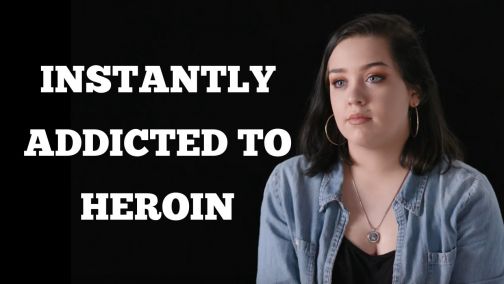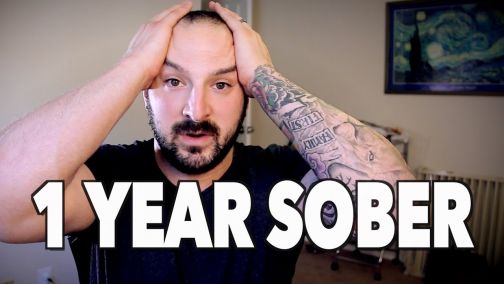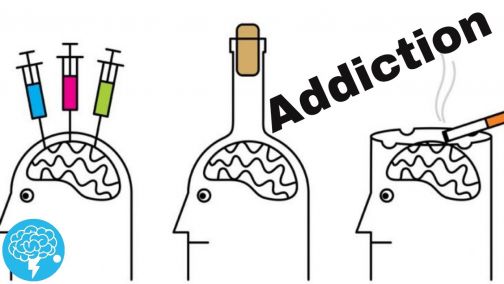Substance Use Disorder(s)
Commonly called addictions or SUDs
What is it?
People around the world use recreational drugs and alcohol to unwind, socialize with others, explore deeper parts of themselves, and enhance leisure time. When used in moderation, substances can be a nice addition to our lives. However, they come with many potential side effects, including the risk of overdose and addiction.
Substance use disorders (SUDs) also known as drug addictions, are conditions in which a person struggles to control their intake of a drug or medication. Their relationship to the substance at hand causes significant distress, and may impact their ability to excel at work, stay physically active, maintain friendships, engage in extracurricular activities and take care of their body.
SUDs are unique in that they are a mental health condition in their own right, as well as a common byproduct of another mental disorder. Meaning, that people battling anxiety, depression, trauma, mania and other conditions frequently use substances to cope with their symptoms. In doing so, they develop an unhealthy dependence on their drug of choice. When two conditions exist simultaneously, doctors refer to them as “comorbid disorders” or “comorbidities.”
SUDs are extremely common. As of 2017, 19.7 million American adults battled a substance use disorder, of which 8.5 million had both a SUD and another mental health disorder at the same time.
What are the symptoms?
The signs and symptoms of SUDs vary based on the type of substance involved. The seven drug classes used to categorize SUDs are: stimulants, depressants, hallucinogens, dissociatives, opioids, inhalants and cannabis. You can learn more about those classes here.
Generally speaking, doctors adhere to the DSM-5’s (Diagnostic and Statistical Manual of Mental Disorders), 11 disorder criteria when diagnosing a patient.
They are:
- Using more of a substance than you’re supposed to, and for longer periods of time than intended
- Being unable to cut back on substance use even though you want to
- Spending a large portion of your day trying to obtain the substance, use it, or recover from its effects
- Experiencing intense cravings for the substance
- Failing important social, personal or professional responsibilities because of repeated substance usage (i.e. missing work, being intoxicated at sober gatherings, etc)
- Continuing to use the substance even though it is detrimental to your life and causing problems at home, work or school
- Sacrificing social, personal or professional activities in order to use
- Using in physically dangerous scenarios, or putting yourself in dangerous scenarios by using (i.e. driving under the influence, blacking out in public spaces, etc)
- Continuing to use even though you’re aware that the substance is worsening your physical and/or mental health
- Developing tolerance, meaning you need to use more and more of the substance to experience the same effects
- Experiencing withdrawal, meaning your body undergoes negative physical and mental symptoms when less of the substance is in your system
People with more mild addictions may only experience a few of these symptoms, whereas someone with a severe addiction may experience the majority of them. It’s important to note, that many people battling SUDs/addictions are in denial, and will either ignore the severity of their symptoms or actively try to hide them from loved ones.
What are some common warning signs?
The signs of drug addiction vary depending on the type of substance and severity of the disorder. Some people with more mild addictions are skilled at hiding their symptoms and can maintain an outwardly stable home and work life without others noticing their substance abuse. This is called being high-functioning. Other times, a person’s addiction has impacted them so severely, that it becomes obvious to others.
SUDs tend to affect a person’s physical appearance, behaviors and social habits quite noticeably. These changes can include:
- Not showing up to work or school, or having difficulty concentrating when there
- Increased aggression, potentially resulting in fights or altercations
- Seeming more secretive or distant
- Sudden changes in mood, such as getting angry or sad very quickly
- Increased paranoia
- Difficulty sleeping, or sleeping too much (insomnia and hypersomnia)
- Physical agitation, such as pacing, foot tapping, or rapid speech
- Sudden weight loss or gain
- Bloodshot eyes and/or tired and dry looking skin
- Bad body odor and/or looking generally dirty and disheveled
- Slurred speech and poor coordination
- Constantly in need of cash, and potentially finding odd ways to make money
Read more about symptoms that pertain to specific types of substances, here.
What causes SUD?
The exact cause is unknown. Oftentimes, a multitude of factors play a role.
People with friends and family members who use have a higher risk of using themselves. Once use is underway, it’s believed that genetics affect how likely a person is to struggle with controlling their intake. If addiction runs in your family, you may have a genetic predisposition to become dependent on a substance much faster and at lower doses than someone else.
Other factors, such as struggling with a mental health condition, play a role as well. Someone battling anxiety, depression, mania or another disorder may use substances to self-medicate and minimize their symptoms. For example, someone with anxiety who uses alcohol or Xanax to calm down.
Many people are introduced to drugs after being prescribed them by a doctor. This is particularly common with opioids and benzodiazepines. As their prescription ends, they have trouble weaning off the substance and find alternative ways to obtain it, or rely on recreational drugs that are cheaper and produce a similar effect.

Beating Opioid Addiction | Joy's Story
For over 30 years, Joy battled addiction. Now with years in recovery, she tells her story.
How is it treated?
The first step towards treatment is acknowledging your SUD. It is common for sufferers to be in denial, and resent those who confront them about their problem. It is always best to approach a loved one in need with empathy and understanding, rather than anger or frustration.
Once acknowledged, SUDs are not easy to treat. Research has shown that most people need several months of treatment to significantly address, reduce or stop their substance use. For many people, stopping cold-turkey is not an option (although possible in certain cases). Most people will need long-term or ongoing care to successfully manage their condition. There are a range of treatment options to consider when looking for help. They include:
DETOX
Detoxification is the process of ridding the body of an addictive substance. It’s normally the first step in treatment. This may be done in an inpatient facility or at an outpatient program under the care of a medical professional. The latter is called assisted detox.
Detox often comes with heavy side effects, including vomiting, sweating, hallucinations and anxiety. The severity of symptoms depends on the drug at hand. Attempting to quit alcohol, opioids, or benzodiazapeines cold turkey can be dangerous or fatal. In 80% of cases, a treatment center will use medications to minimize these symptoms.
REHAB
Rehabilitation programs help a person detox and regain the skills they need to live a healthy life free of substance abuse. There are many different types of rehab, including outpatient (a person lives at home and visits a clinic for care), inpatient (a person lives at the clinic/hospital administering care for an extended period of time), residential (a person lives in a non-hospital setting that monitors their care), and recovery housing (a person lives in temporary, supervised housing where they participate in looser treatment programs).
SUPPORT GROUPS
Peer support or self-help groups bring people with similar forms of substance abuse together to discuss their conditions. They help create a sense of community during a difficult time, and can serve as an important form of motivation for those looking to maintain their sobriety. Well known support groups include Alcoholics Anonymous and Narcotics Anonymous.
MEDICATION
Meds are most commonly prescribed to help minimize withdrawal symptoms. However, in some cases they are used ongoing alongside other treatment methods to help minimize the potential for relapse, or break the body’s physical dependence on a substance. FDA-approved addiction medications have been proven to significantly reduce overdose risk and foster successful recovery. Well known examples include Suboxone and Naltrexone, which help people with opioid addictions wean off their drug of choice.
THERAPY
Psychotherapy can be a good supplement to the above treatment options, and help a person work through the emotions they’re feeling, such as anxiety, depression, hopelessness, fear and guilt. Cognitive Behavioral Therapy (CBT) can help a person change the thinking patterns associated with their drug abuse. Multidimensional family therapy can help change the comprehensive health of a family dealing with a youth member battling addiction. And Motivational Interviewing can help instill the willpower necessary to overcome an SUD. Learn about other therapy options here.
The right combination of treatment methods depends on the person at hand, the severity of their symptoms, and the environment they’re in. Research shows the longer someone is involved in treatment, the more successful the outcome. Additionally, if a person’s SUD has caused another health problem - such as liver complications due to alcoholism - those will need to be addressed as well.
How can I help a loved one with SUD?
Watching a loved one struggle with addiction can be extremely hard, especially if they are unwilling to acknowledge their problem. Remember that they are fighting a difficult battle.
In some cases, support from loved ones will not be enough to convince a person to get help. If that happens to you, remind yourself that you tried hard to be a positive force and that their SUD has nothing to with your worth. Some tips for helping a loved one, include:
Educate yourself: Read up on symptoms, treatment options, and healthy living recommendations. Try and understand what your loved one is going through so you are better equipped to talk to them about it. This will also make you a valuable resource when it comes time to find treatment.
Build Trust: Trusting someone enough to discuss an addiction with them can take time. If you think a loved one is struggling, focus on showing them that you care. Ask them to hang out and send them encouraging messages. Then, when it’s time for tough conversations, they’ll be more likely to respect your opinion and point of view.
Communicate Productively: It takes a lot of patience to help someone with a SUD. You’ll need to be careful about your responses and approaches to many topics. Avoid lecturing your loved one, and instead try to listen to their feelings as much as you share your own. Don’t lash out every time something upsets you. Remind them that there is hope and that you love them. You can explore additional tips here.
Set boundaries: Yes, you’re trying to be supportive, but that doesn’t mean you need to put up with everything. It’s important to communicate the behaviors you will and won’t tolerate, such as doing drugs around family members, coming to events intoxicated, or driving while under the influence. It is possible to help someone with their addiction, while also making sure you aren’t enabling their behavior. In fact, being around people who follow through on consequences can act as a motivator for someone to stay on track.
Keep showing up: Even when you’re let down or tired or feeling hopeless, find a way to let your loved one know that overcoming their addiction is still possible. These reminders might seem meaningless to you, but they aren’t to the person receiving them.
Lastly, don’t forget to take care of yourself. Addiction takes a heavy toll on everyone it touches, not just the person struggling. Consider joining a relevant support group like ALANON.
What other resources are out there?
Want to learn more, find a doctor, join a support group or speak to a counselor? The below resources might be able to help:
- Narcotics Anonymous
- Alcoholics Anonymous
- Smart Recovery
- LifeRing
- Crisis Text Line
- BetterHelp
- Psychology Today Directory
- American Psychiatric Association
- Medicaid Eligibility Information
- Open Path Collective
- Resources for POC, LGBTQ+ and disabled individuals
- Anxiety and Depression Association of America
- National Network of Depression Centers
- Medicine Assistance Tool
- NeedyMeds
- Erika's Lighthouse
- Anxiety Network
- Anxiety Central Forums
- National Social Anxiety Disorder Center
- International Society for the Study of Trauma & Dissociation
- The Business Case for Investing in Employee Mental Health
- Uninsured and Untreated: The State of Mental Health Today
- What is Burnout, and How Can We Guard Against It?
- The Stigmatizing Language that Harms Your Employees — and How to Change It
- Navigating Your Treatment Options, from Therapy to Medication
Support our work
We’re on a mission to change how the world perceives mental health.
